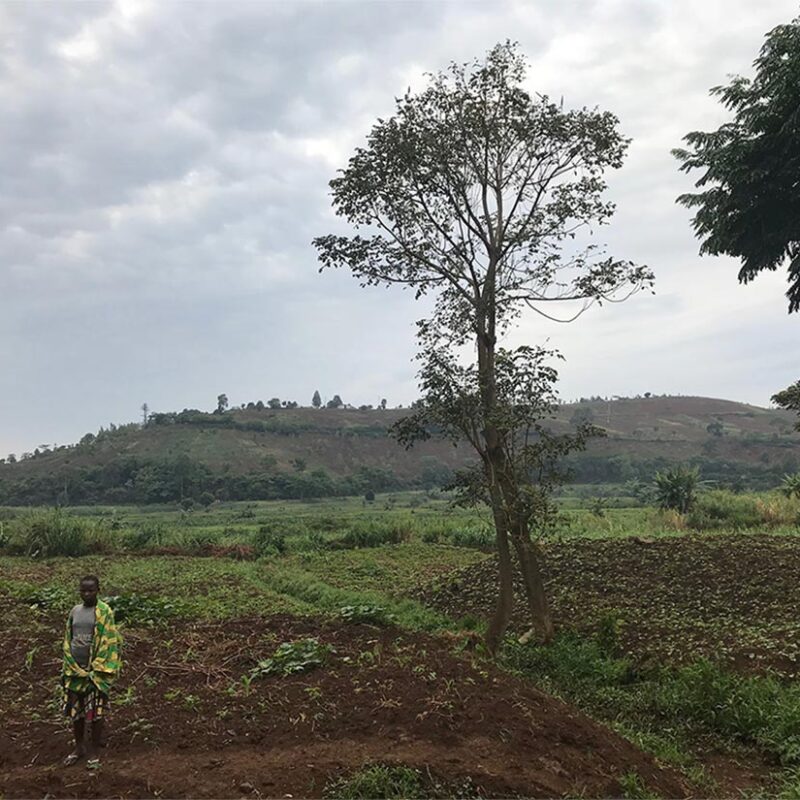Analysing the political economy in the DRC during COVID-19: how we adapt our approach to continue informing citizen groups in the DRC
Analysing the political economy in the DRC during COVID-19: how we adapt our approach to continue informing citizen groups in the DRC
Integrity currently supports a programme for Engaging Subnational Authorities in Accountable Practices (ESAAP – implemented by IRC and funded by FCDO) through rigorous analysis of the political economy in three provinces in the DRC. Our analysis supports citizen groups by identifying opportunities for systematic change that respond to community needs. Citizen groups, called community action groups, use our analysis to develop issues-based initiatives centred around locally informed solutions.
The outbreak of COVID-19 in DRC is anticipated to have severe consequences for communities across the country. It is likely to worsen pre-existing challenges in the health and education sector, as well as creating new economic challenges for communities who rely heavily on the informal sector for their livelihoods.
The health sector in DRC remains very fragile and is dealing with a combination of different epidemics, including COVID-19, Ebola, and Measles. Hospitals and health centres are under severe stress. Other basic services like Education are similarly disrupted and children are out of school.
In response to the COVID-19 crisis, we have adapted our approach to Political Economy Analysis (PEA), to allow the consultations to happen remotely. Through our PEAs, we continue to inform community collective action groups to help explore specific issues and potential local solutions in Kasai Province. Integrity currently delivers two PEAs in Kasai.
One study provides an analysis of the health sector governance and resource management with a focus on COVID-19. The study identifies key characteristics that make the provincial capital’s health system particularly vulnerable to an outbreak of the disease.
The second study analyses the policy roll out of gratuité (or free primary education) in Kasai. The study is focused on the impacts of COVID-19 on continuous learning, WASH, educational governance, and accountability.
To ensure we can continue working remotely during COVID-19, we are adapting our delivery approach on this project. We are testing different data collection methods to ensure we apply the most suitable one for the context. We are increasing our team of national researchers, some of whom bring specific journalistic and thematic skills. Our questionnaires are administered over encrypted chat apps to safeguard informant protection. Finally, as part of our adapted strategy to disseminate PEA findings locally, we will develop accessible posters using infographics in both English and local languages.
